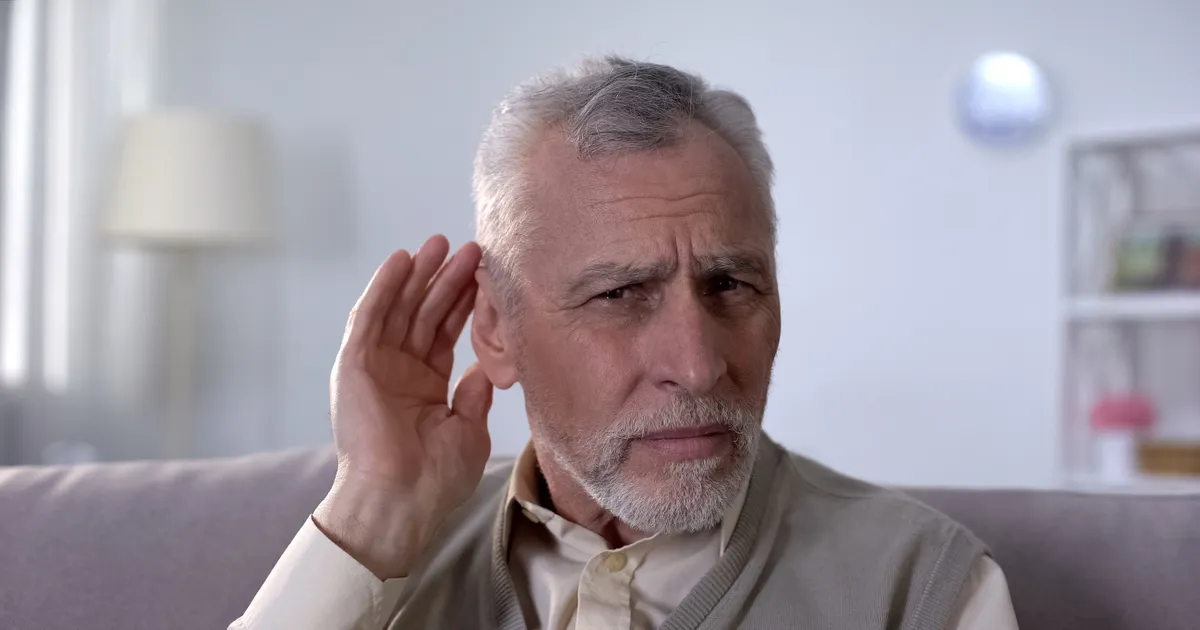The human capacity to perceive sound is a complex and delicate process, dependent on a myriad of factors for optimal functioning. Unfortunately, a wide range of elements, from external factors like noise pollution to internal issues such as age or certain medical conditions, can negatively impact this faculty. Fortunately, if you start a search online today, you can uncover top causes of hearing loss that you should be aware of, helping you to better manage your auditory health.
 Shutterstock: Motortion Films
Shutterstock: Motortion Films1. Noise-Induced Hearing Loss
Prolonged exposure to loud noise is one of the most common causes of hearing loss. Noise-induced hearing loss can happen over time, with regular exposure to loud sounds that wear down the tiny hairs in your ears responsible for transmitting sound waves to your brain.
Common sounds that diminish your ability to hear will depend on your routine surroundings, but can include:
- Heavy machinery and construction equipment
- Loud music, whether it’s in nightclubs, concert venues, or in headphones
- Certain home appliances and tools, such as lawnmowers, leaf blowers, chainsaws, and even some vacuum cleaners
- Certain modes of transportation like motorcycles or snowmobiles
Sudden, extremely loud noises, such as gunfire, fireworks, or the bursting of a balloon, can cause immediate and permanent hearing damage. This often occurs because the sounds are unexpected and the ear does not have a chance to protect itself.
2. Aging: Presbycusis
Aging often comes with various health concerns, hearing loss being one of them. Presbycusis, or age-related hearing loss, typically begins around the age of 60. 1 This condition develops as the delicate structures within the ear start to degrade due to the natural aging process.
While it’s almost impossible to prevent this type of hearing loss completely, leading a healthy lifestyle can potentially slow its progression. A balanced diet rich in essential vitamins and minerals – including nutrients like Omega-3 fatty acids, Vitamin D, Zinc, and Folate – have been linked to healthier hearing.
Additionally, smoking restricts blood flow to the sensory cells in the ears, potentially hastening hearing loss. Therefore, quitting smoking can help delay presbycusis.
3. Ototoxic Medications
Certain types of medications, known as ototoxic drugs, can damage the inner ear, resulting in temporary or even permanent hearing loss. Some of these drugs include specific antibiotics, chemotherapy medications, and high doses of aspirin.
Always discuss potential side effects with your healthcare provider before beginning a new medication. They can offer alternatives or strategies to minimize the risk of hearing loss.
4. Medical Conditions
Several medical conditions can contribute to hearing loss. 2 Diabetes, for instance, can lead to hearing damage due to poor blood circulation in the ear. Autoimmune diseases like lupus or rheumatoid arthritis can cause inflammation in the ear, damaging hearing.
Additionally, conditions like Meniere’s disease directly impact the inner ear, leading to both hearing loss and vertigo. It’s essential to manage these conditions to help preserve your auditory health.
5. Genetic Factors
Some people are genetically predisposed to hearing loss. Genetic hearing loss can be present at birth or develop over time. It can result from gene mutations that affect the structure or function of the ear’s components. While this cause of hearing loss isn’t preventable, early detection through newborn screening can help manage the condition effectively from a young age.
6. Physical Trauma
Injury to the head or ear can cause temporary or permanent hearing loss. Trauma can damage the ear’s outer structure or the inner parts, impacting the transmission of sound waves to the brain.
Injuries can occur from accidents, sports, or even violent encounters. Always seek immediate medical attention following head trauma to prevent any long-term complications, including hearing loss.
7. Infections
Both bacterial and viral infections can lead to hearing loss. 3 Otitis media, an infection of the middle ear, is a common cause of hearing loss in children.
Meanwhile, viral infections like measles, mumps, or meningitis can also cause hearing loss if left untreated. Regular vaccinations and prompt treatment of infections can help prevent these potential hearing risks.
Knowledge Can Help You Prevent Hearing Loss
Understanding the causes of hearing loss is only one part of the equation; actively taking preventive measures and being mindful of our auditory health is equally important. We may not have control over every risk factor for hearing loss, but awareness allows us to minimize risk where possible, monitor for early signs of hearing damage, and seek timely intervention.
Early detection of hearing loss can help manage it more effectively and slow down the progression. That’s why the internet is a great resource to use, whether you’re looking for ways to safeguard your hearing, or remedy hearing loss. By researching this subject further, we ensure not only the longevity of our auditory health, but also the richness of our daily experiences and interactions that are invariably tied to our sense of hearing.


